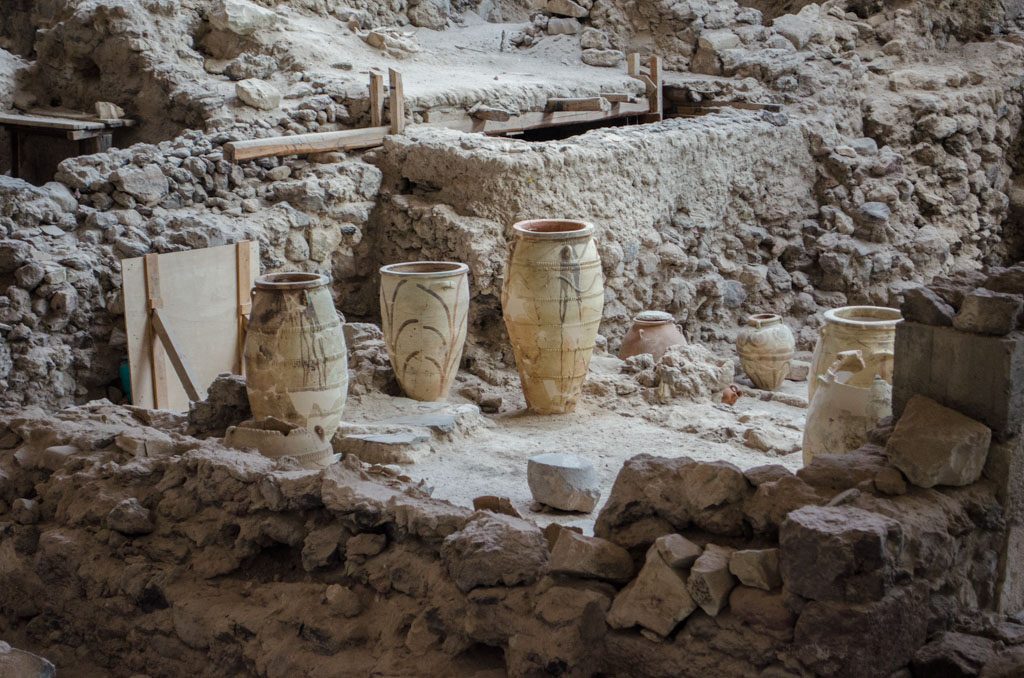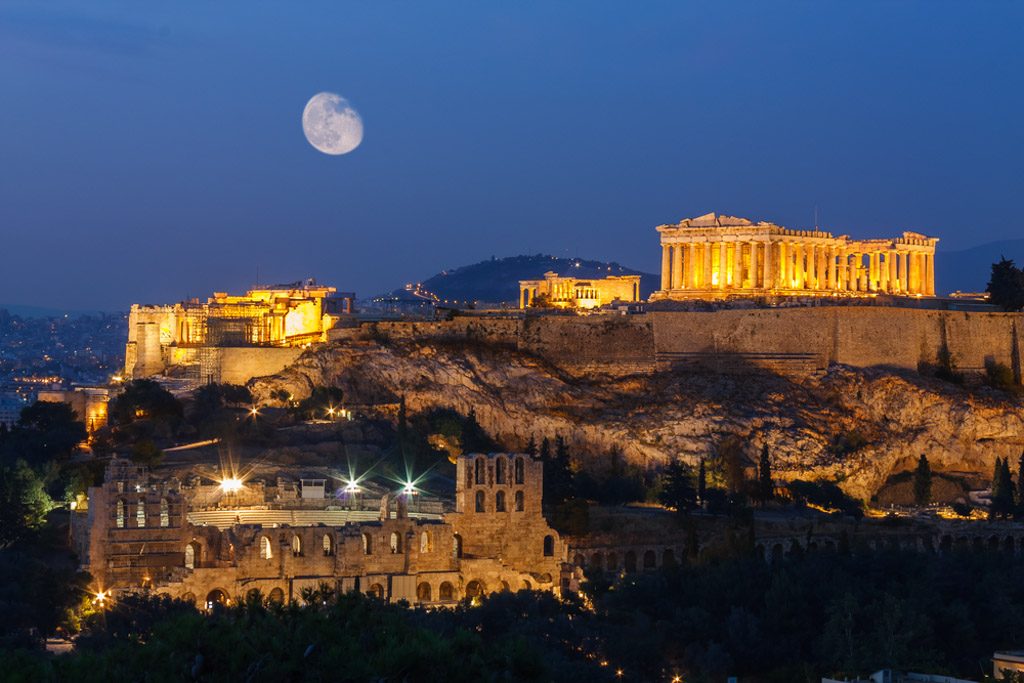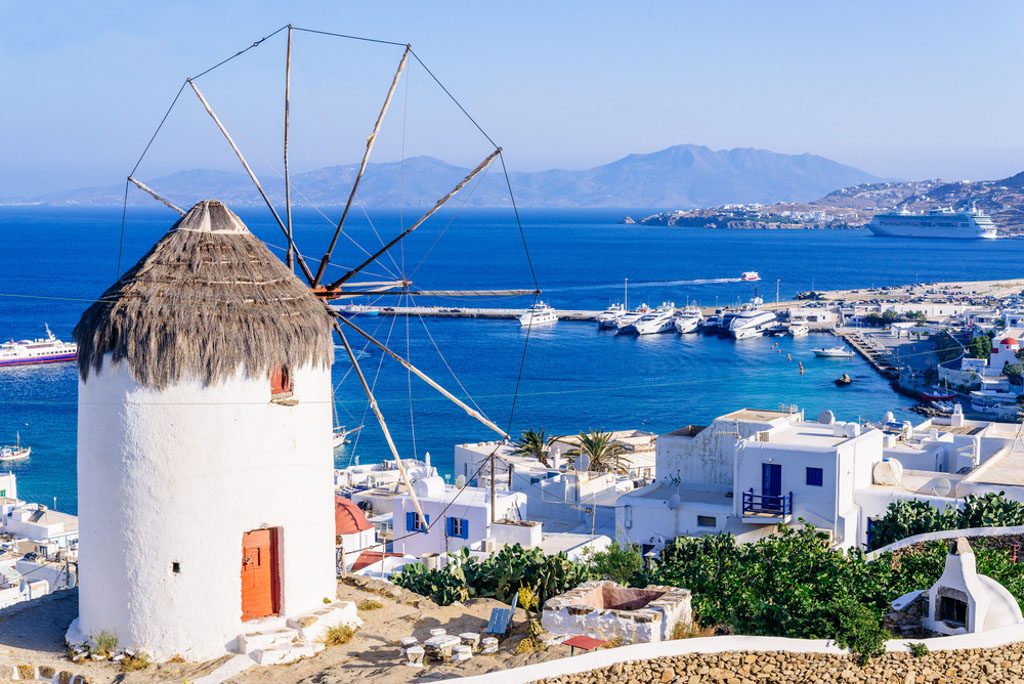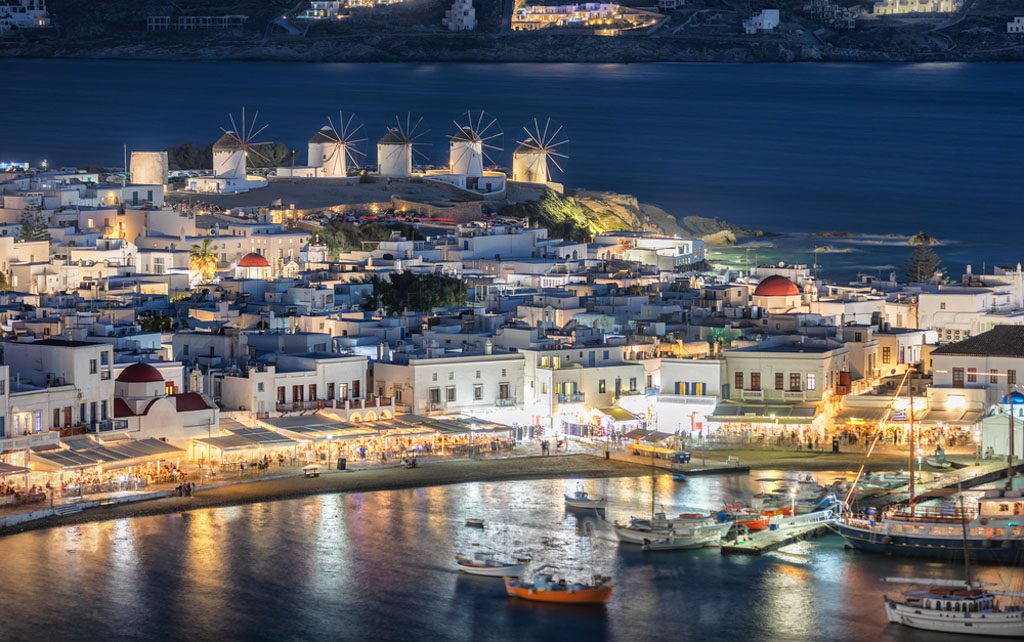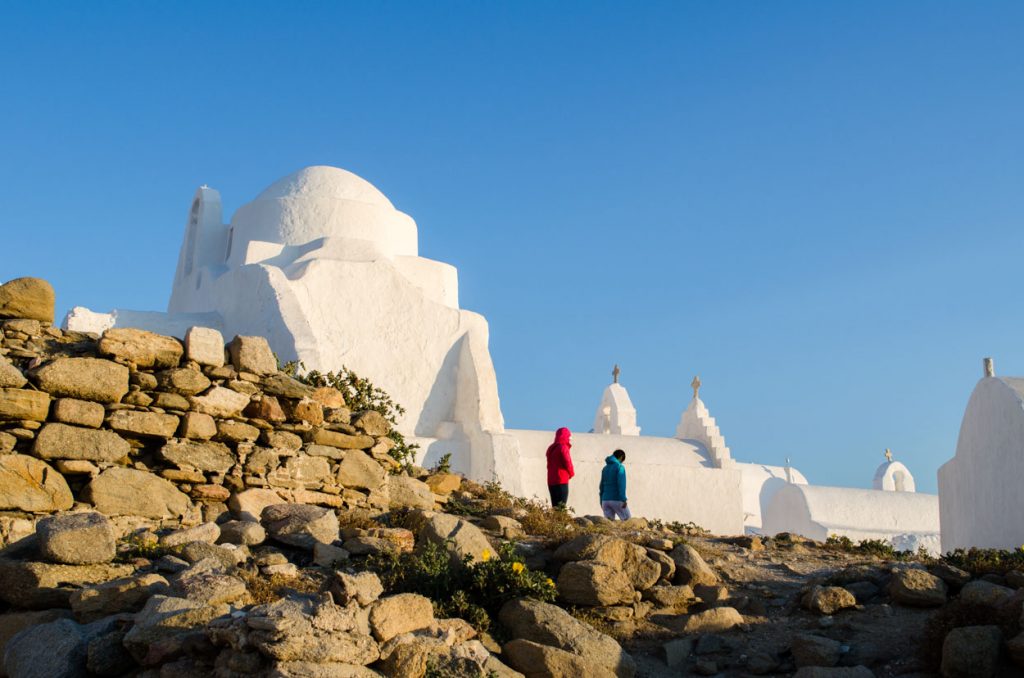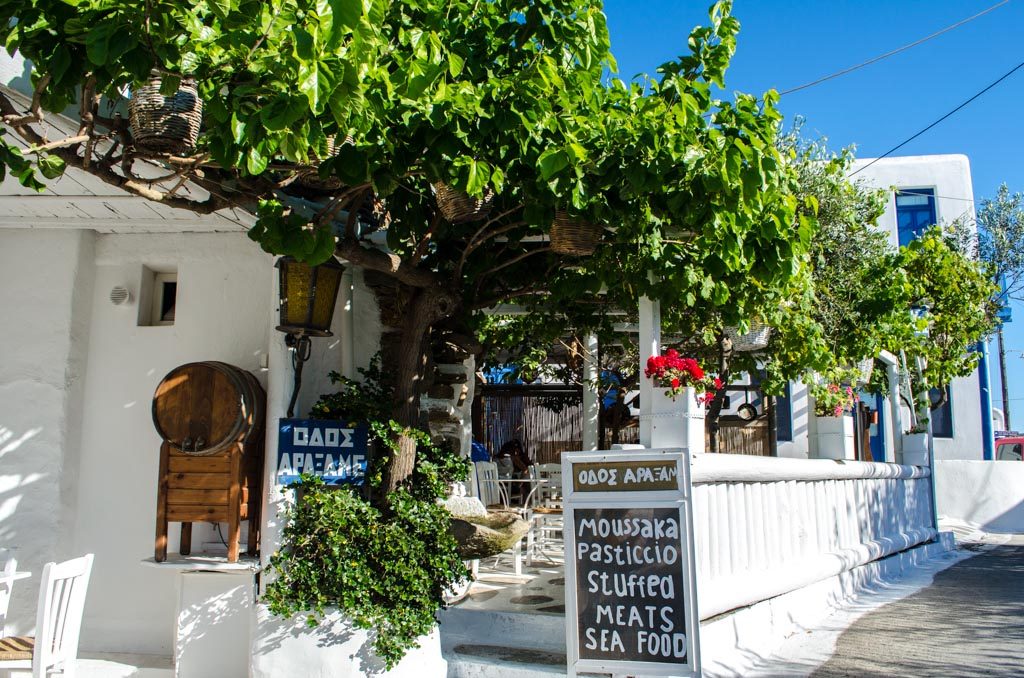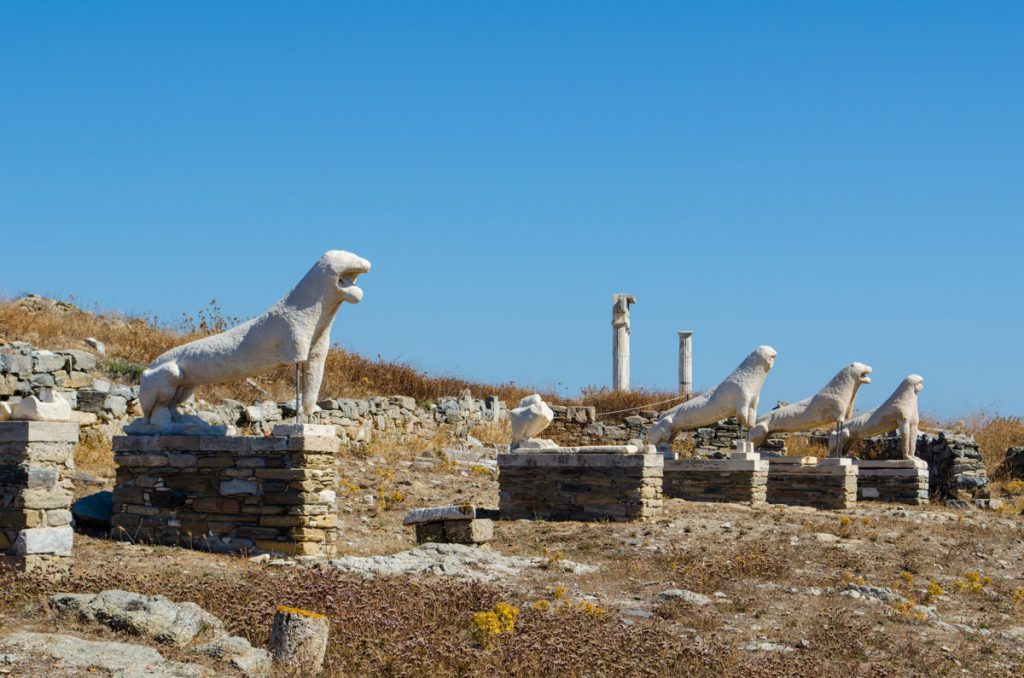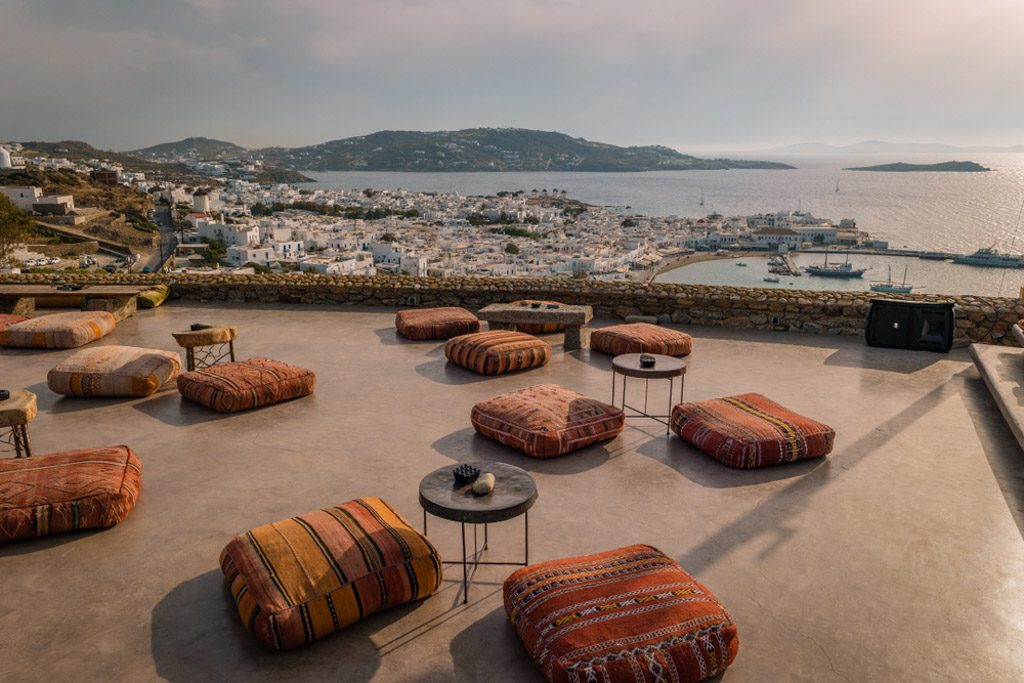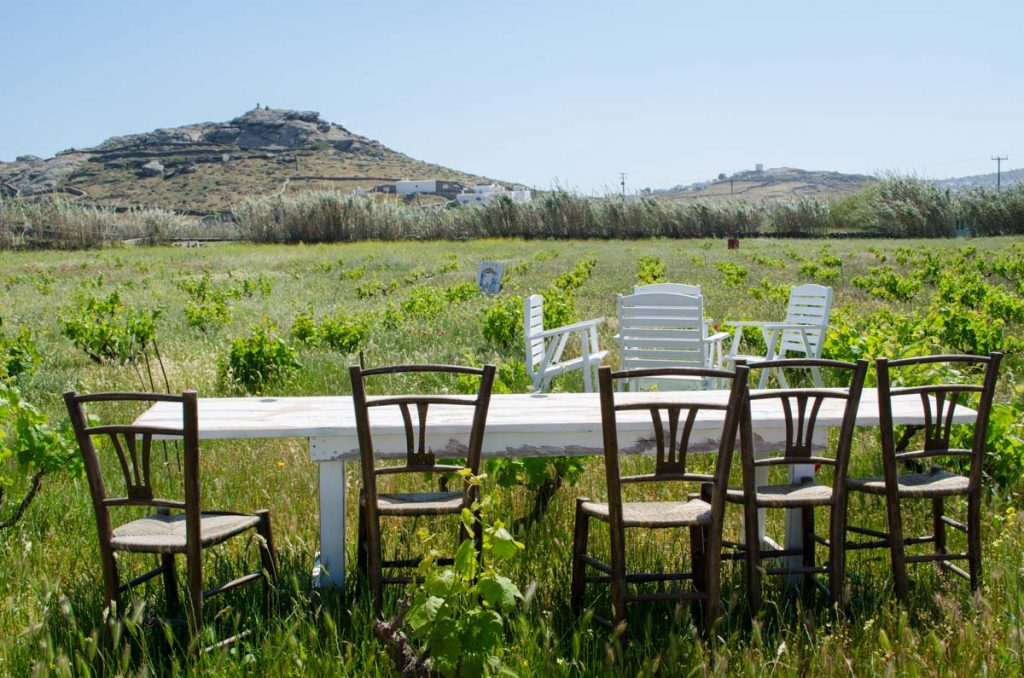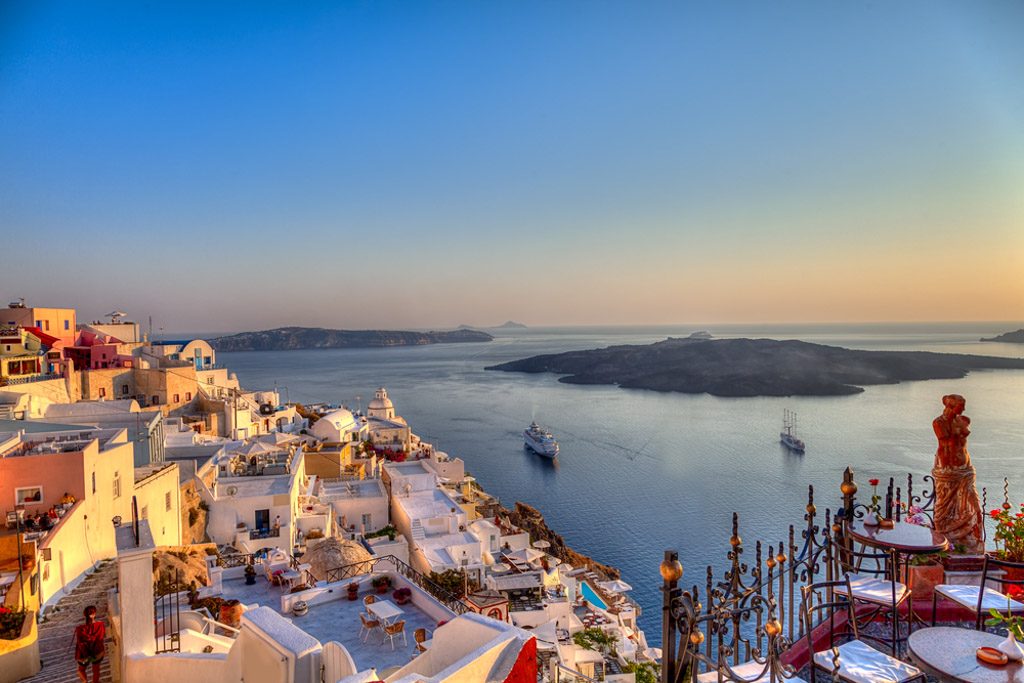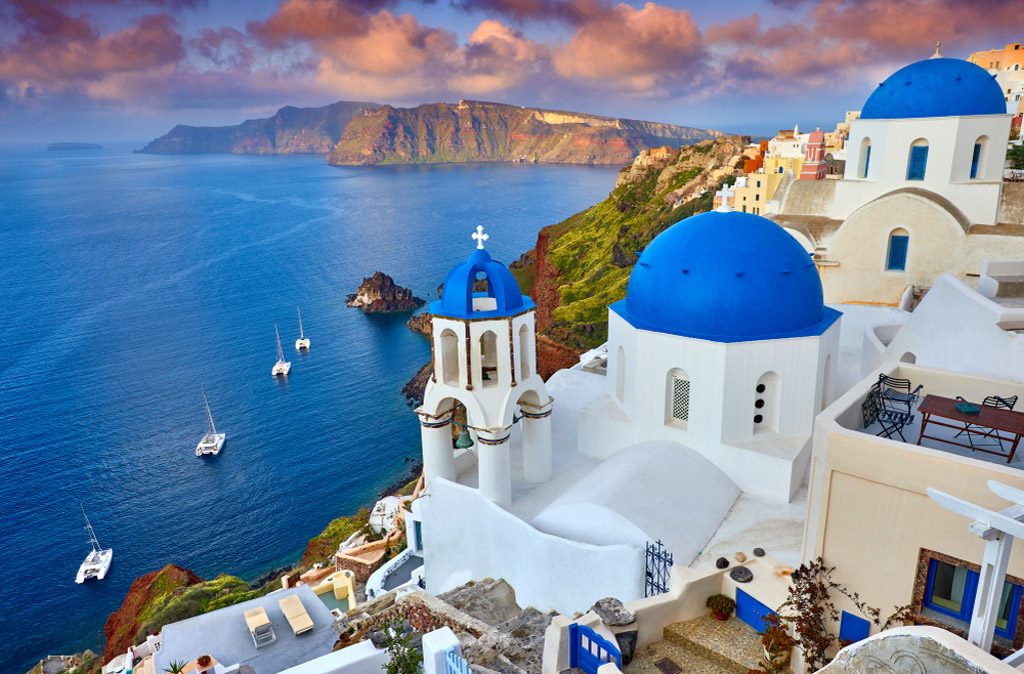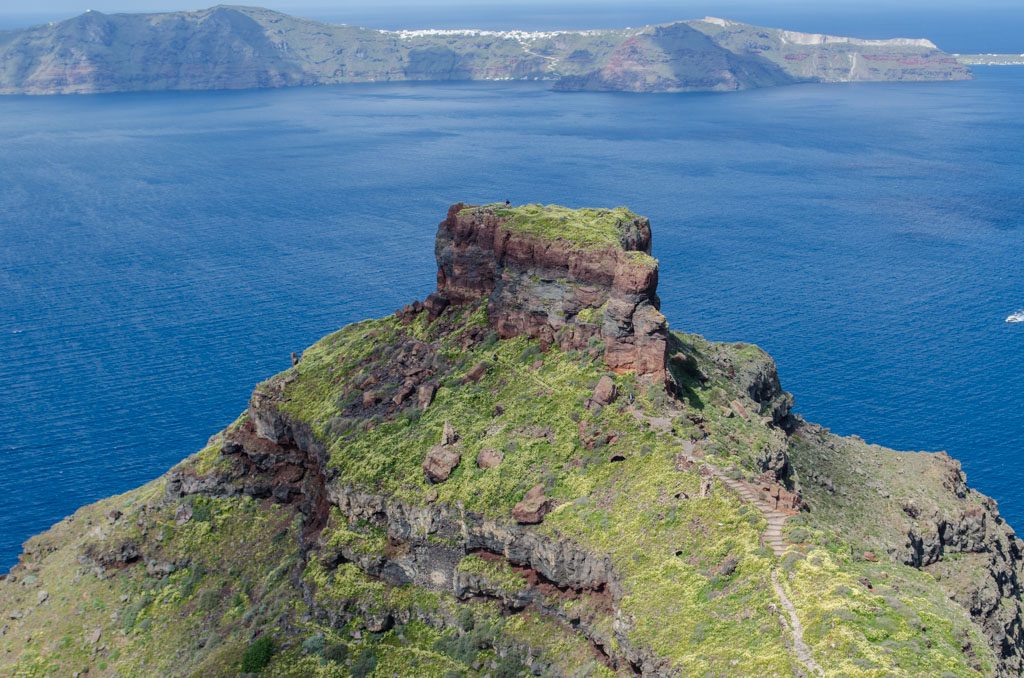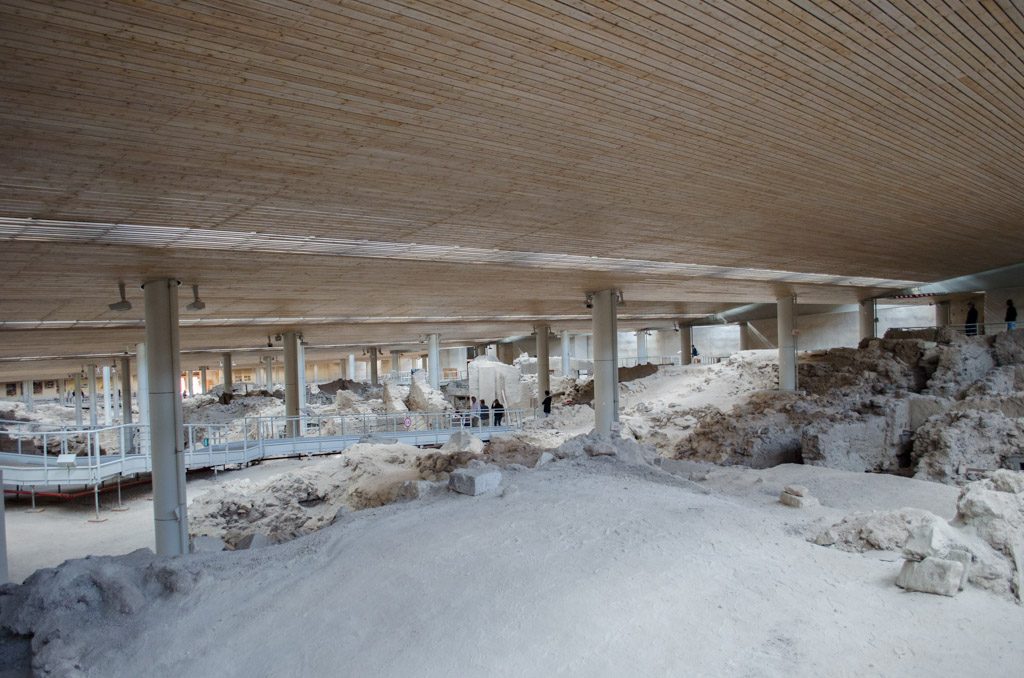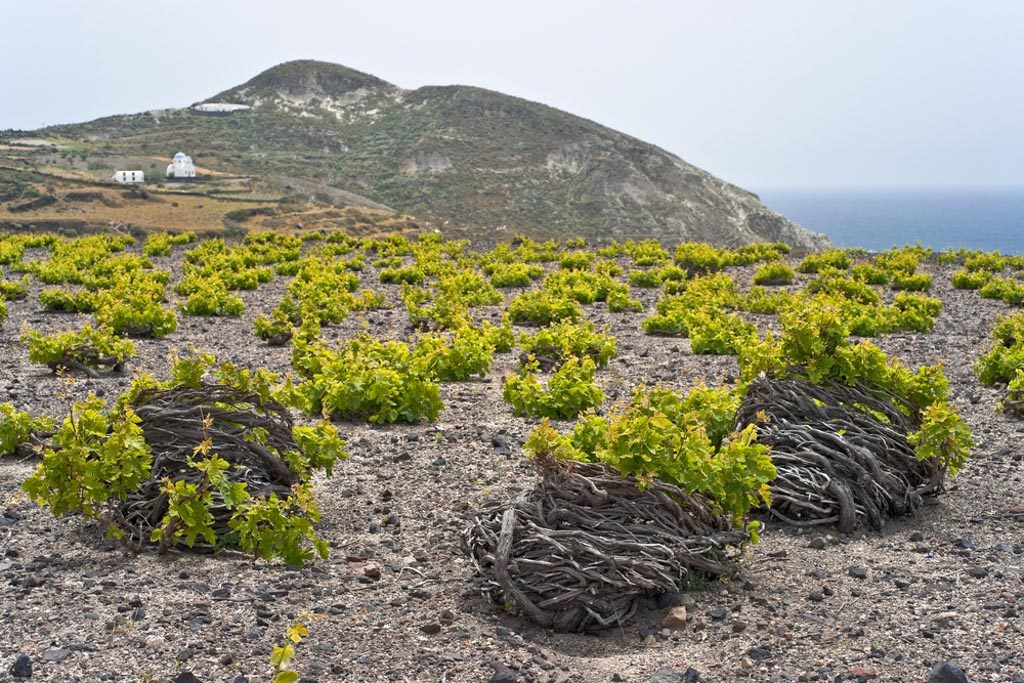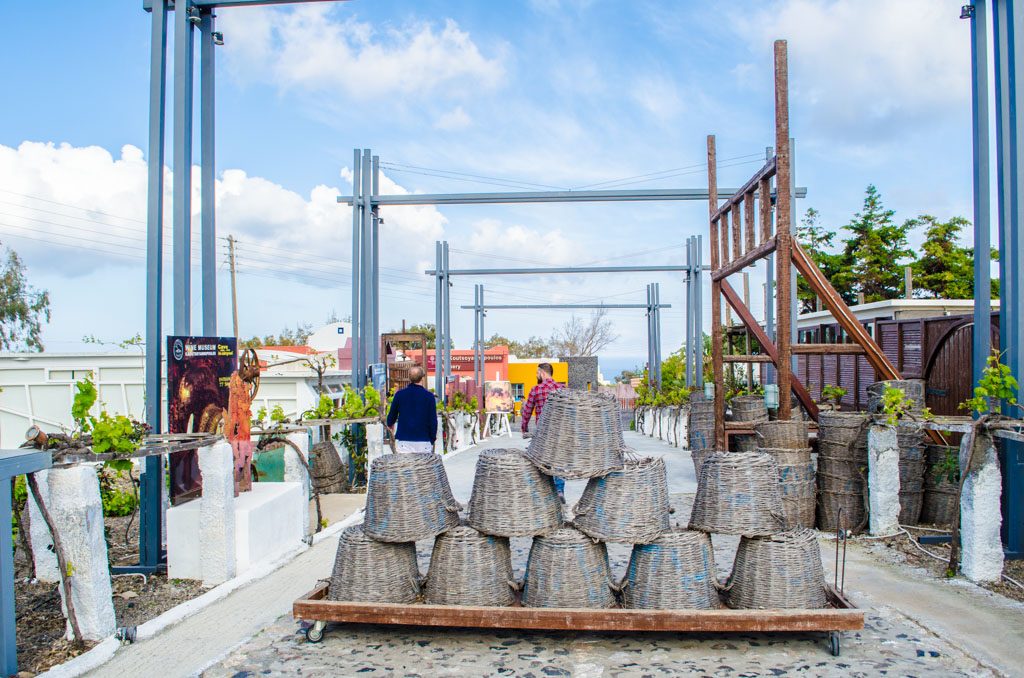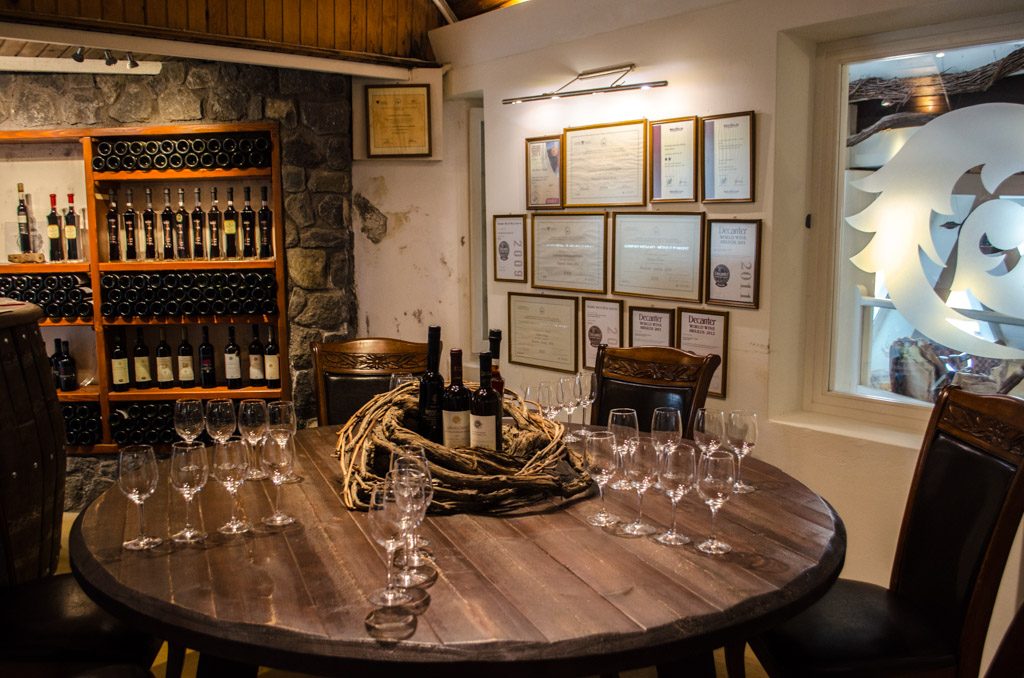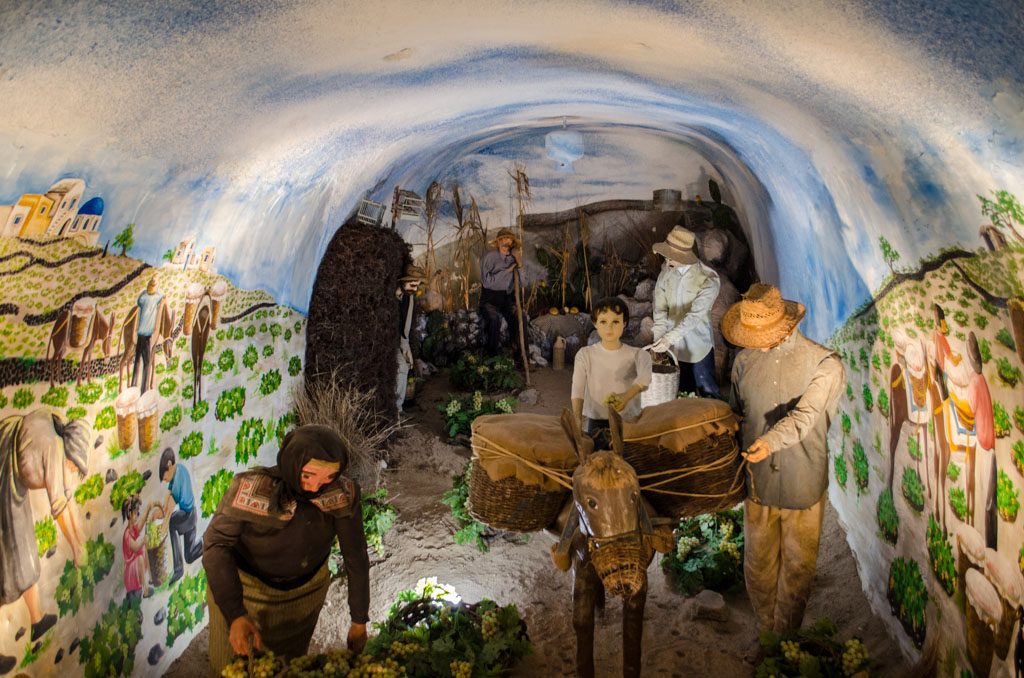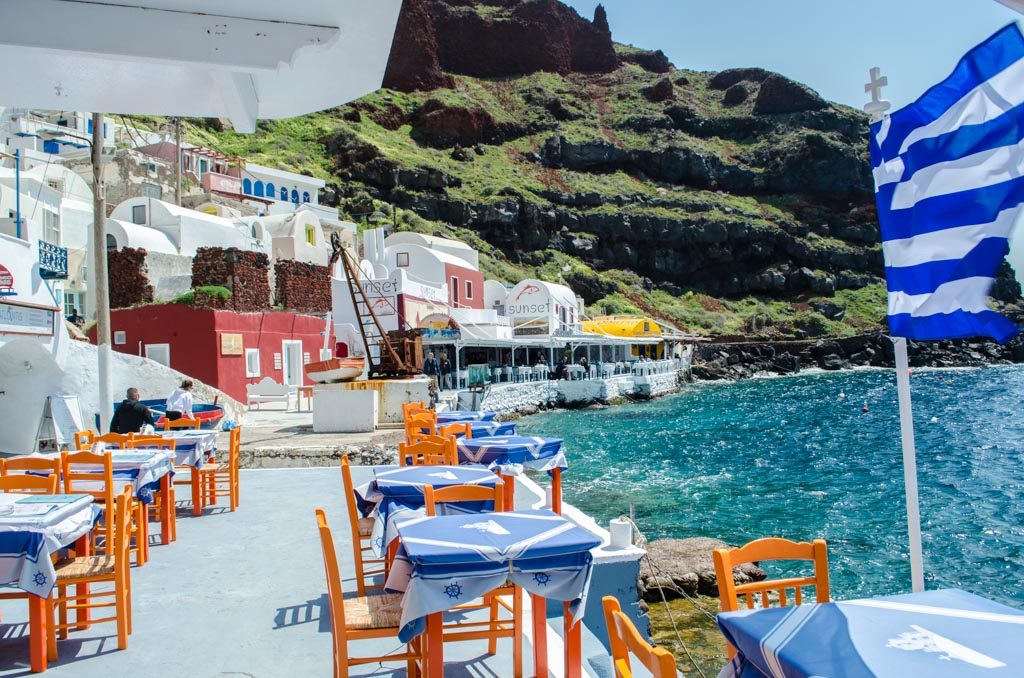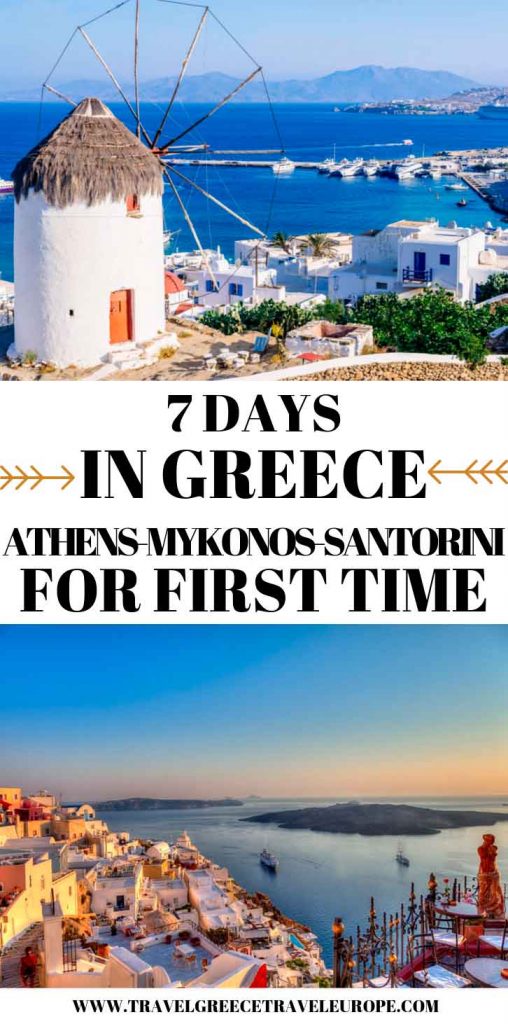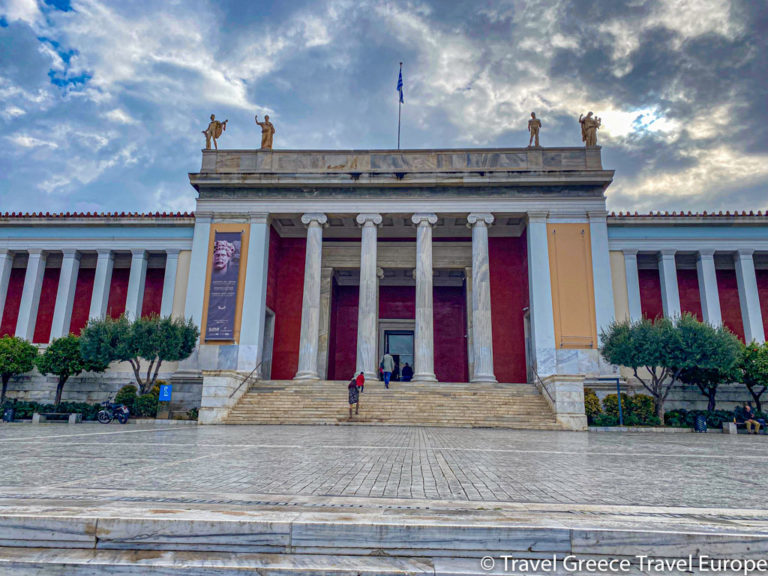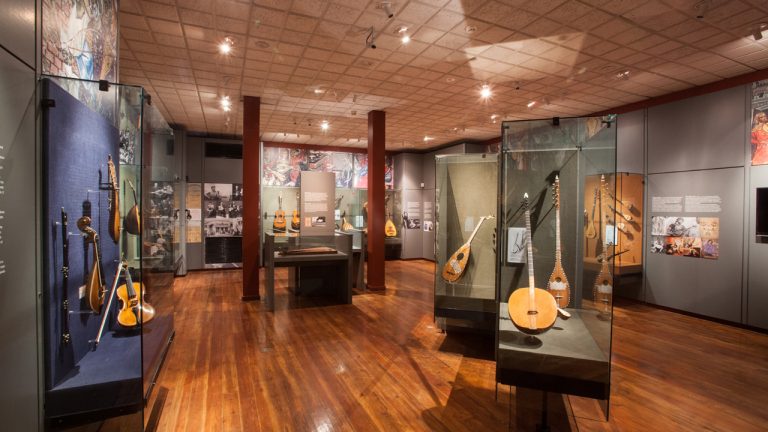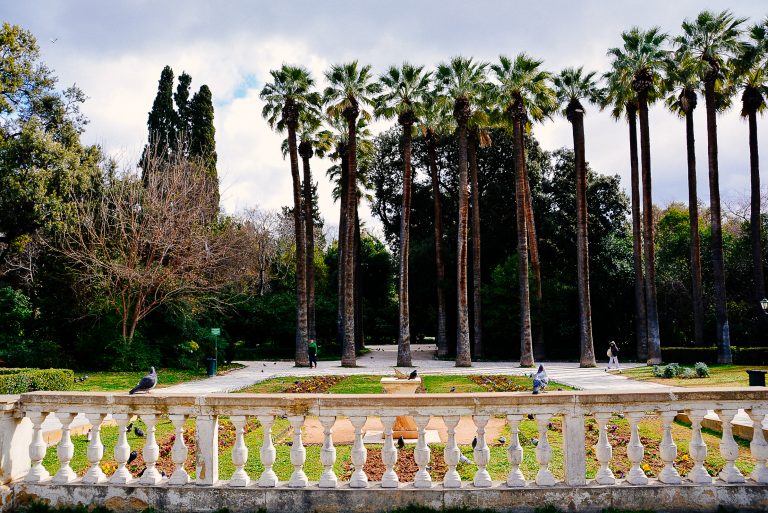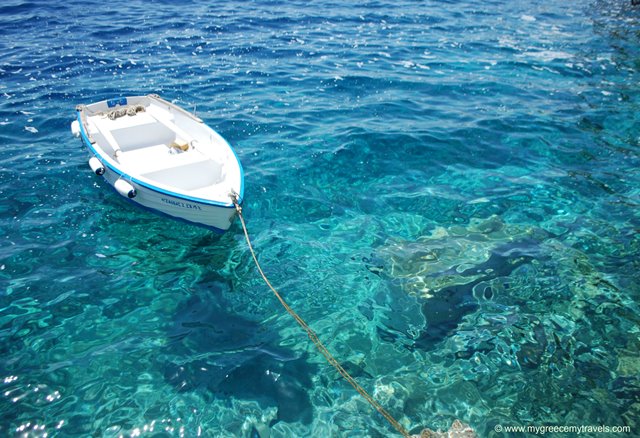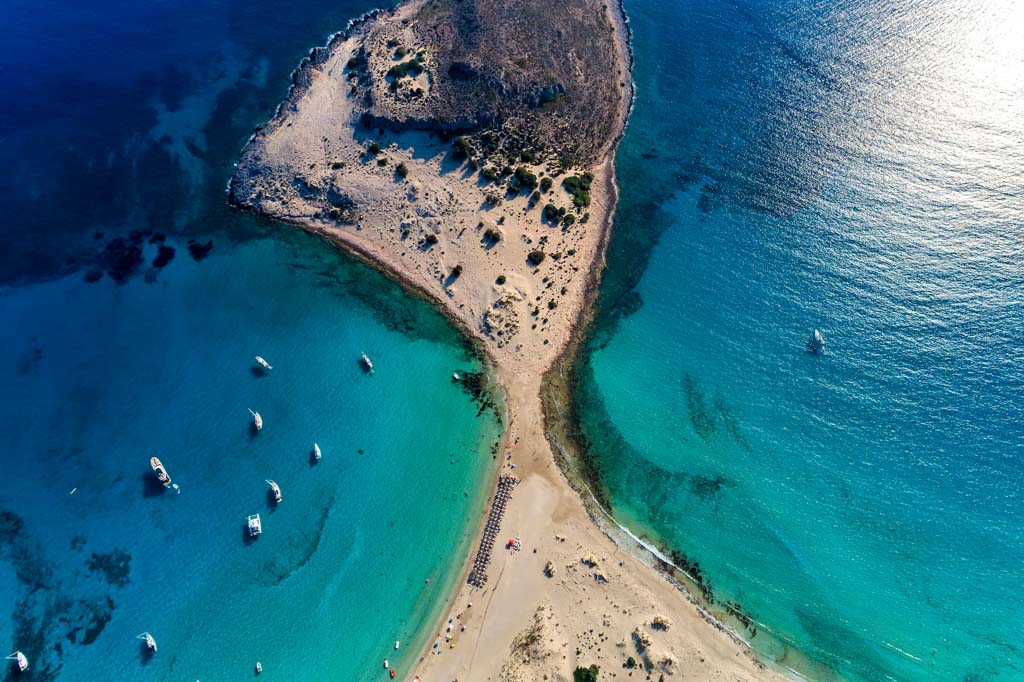7 Days in Greece: Athens, Mykonos and Santorini for First Timers
It must be ever so exciting to be visiting Greece for the first time. A perennial summer classic, the timelessness of Greece continues to seduce even its nationals who seldom visit any other country during the summer. And why would they, since Greece is the epitome of all things summer, and then some. Countless sandy beaches with crystalline waters, sunsets that immortalize the moment forever; a plethora of islands to discover as well as an equal amount of mainland locations that will take you back in time. Expansive history, phenomenal flavours, warm hospitality and unique experiences to be had, every step of the way.
It therefore goes without saying that for those visiting for the first time, a Greek holiday promises to be absolutely enthralling. For first timers especially, it is highly recommended to spend 7 days in Greece, in order to be able to appreciate at least three of its top destinations. Here is a 7 days in Greece itinerary that includes Athens, Mykonos and Santorini for first timers.
How to Spend 7 Days in Greece: 7 days Greece Itinerary
Athens city connects Greece with most European cities directly, as well as being the major destination for arrivals from international cities via its Athens Eleftherios Venizelos Airport in the area of Spata. It also connects visitors with the majority of Greek islands. Given this, Athens can just be a pass-over point, however, first timers in Greece should not overlook spending 2 days in Athens, as part of their 7 days in Greece itinerary.
Book Your Private Airport Transfer with Welcome Taxi
For those who like to travel in comfort opting for a taxi would be your best option. To avoid the hassle of waiting in line and to be sure that you are getting your own personal driver you can pre-book a car online prior to your arrival. You will be met by the driver holding a name sign as soon as you come out at the arrivals with a bottle of water and city map.
The flat taxi rate is €38 from the airport to the city center. For arrivals from midnight until 5 am the cost is €54. Your trip will take approximately 35 minutes depending on the traffic.
Book your Athens Airport Transfer here.
7 Days Greece Itinerary: Day 1 & 2 — Athens
Athens city is a brilliant mesh of ancient culture and contemporary life, making it the first port of call for visitors who have an interest in soaking up the quintessential side of Greece’s mesmerising charm.
Starting with the basics, when spending 2 days in Athens, your number one priority should be to visit Athens’ most iconic landmark: the Acropolis.
Site-seeing in Athens city
Acropolis – Plan to visit during the early morning to avoid the heat and crowds, alternatively visit early evening, during sunset which is probably the most instagrammable time to snap photos of this awe-inspiring landmark and the surrounding panoramic city views. Perched atop the highest hill of the city, this UNESCO World Heritage site dates back to the Neolithic period, circa 4000/3500-3000 BC. The Parthenon is the Acropolis’ crown jewel, dedicated to the mythological goddess of wisdom, Athena.
Check out the: 23 Tourist Attractions in Athens you must not miss
Tips:
– Entrance to the Acropolis site is between 8am and 8pm, and you can either visit at your own leisure and pace, or opt for a guided tour to get all the inside information and historical facts.
– You can reach the Acropolis from two points, the main entrance and then also one closer to the Acropolis Museum, leading you through the Dionysus Sanctuary and the Dionysus Theater at the foot of the ancient rock. The Acropolis gets very busy during the summer season, to save time we recommend that you book a Guided Tour with a Skip the Line ticket.
– An estimated time of about 2 hours is required, including queuing however there are various tours that offer skip the line tickets, or you can include more sites in a single ticket, combining the following that are in close proximity:
The Ancient Agora of Athens, the Archaeological Museum of Kerameikos, Hadrian’s Library, Kerameikos, Museum of the Ancient Agora, North slope of Acropolis, Olympieio, Roman Agora of Athens & South Slope of Acropolis.
The top attractions to visit in Athens city center:
The Acropolis Museum: made predominantly out of glass, in order to allow natural light to permeate most of the museum halls, the Acropolis Museum covers a state-of-the-art space of over three floors and houses numerous ancient artefacts from a wide range of different time periods. Noteworthy items on display are the frieze of the Parthenon temple, as well as the five Caryatids which are the original ‘maidens’ that supported Erechtheion’s porch.
You can pre-book the Acropolis & Top Attractions Tickets with Audio Guide here.
Odeon of Herodes Atticus: built in AD 161 by the Roman Herodes Atticus for his wife Regilla, it is an ancient theatre that is still used today for various performances especially during the summer. Be sure to check out the Athens & Epidaurus Festival programme in order to experience the Odeon in all its glory.
Hadrian’s Arch: Emperor Hadrian built this in 131 AD as a way of separating the old and new cities of Athens. You really can’t miss it as it is an imposing monument that is found on a main road leading up to Syntagma Square.
The Temple of Olympian Zeus: behind Hadrian’s Arch, this temple’s construction started in 515 BC by Pisistratus, who was the son of Hippocrates. It was, however, competed in 129 AD by the aforementioned Emperor Hadrian.
The Panathenaic Stadium: also known as Kallimarmaro among Athenians, it is a marble stadium linked to athleticism across many eras. It is closely linked to the modern Olympic Games, the first of which were held in 1896.
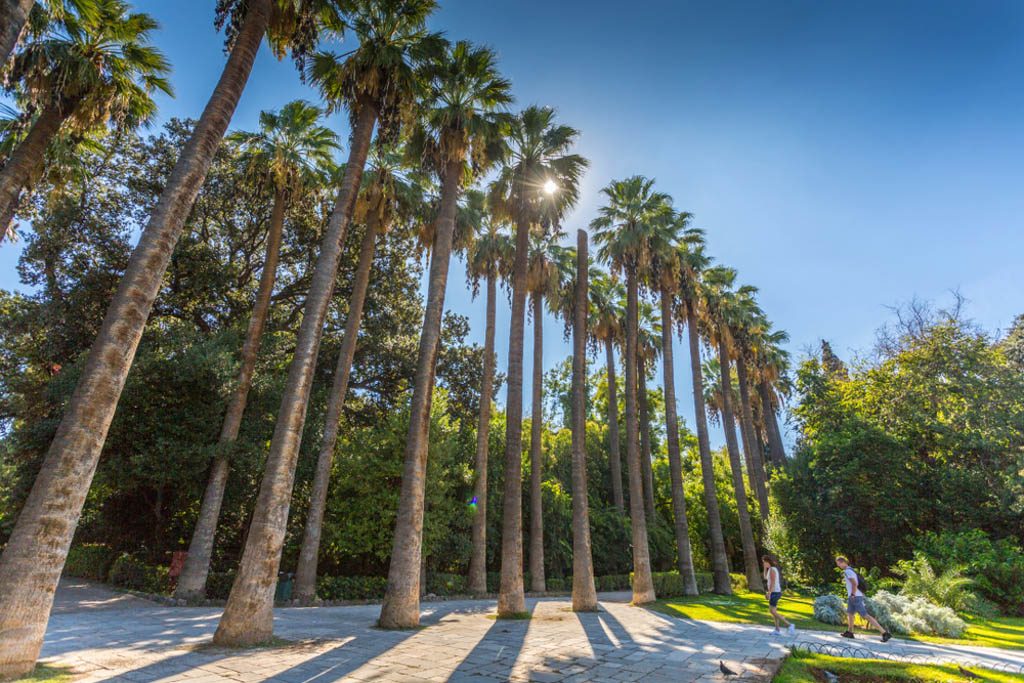
National Gardens: a peaceful oasis in the heart of Athens, these used to be a retreat for King Otto and Queen Amalia. It is located right next to the Hellenic Parliament in Syntagma Square.
| Tip
Discover the fantastic views of Athens on a bicycle, passing famous monuments and cycling through the most interesting neighborhoods.
Changing of the Guards at the Hellenic Parliament: the honorable Evzones guards placed in front of Parliament and the Tomb of the Unknown Soldier are dressed in a traditional, folklore costume called a ‘foustanela’. They have a specific routine when it comes to changing their shifts which visitors will find intriguing, occurring on the hour, every hour, every day of the week.
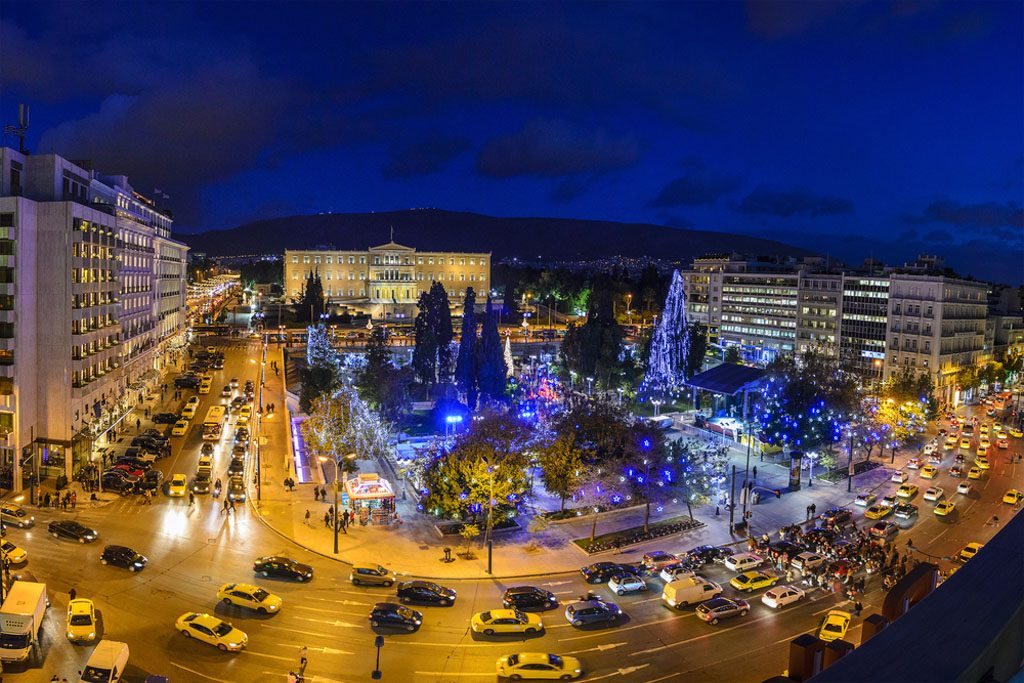
Syntagma Square: is the main square in Athens city and has been named after the Greek word for constitution. It separates the Greek Parliament from the main high street, Ermou, and goes all the down to Monastiraki Square.
Monastiraki Square: possibly the city’s busiest square, it is the home of Hadrian’s Library and the Ancient Agora of Athens. It boasts wonderful Acropolis views and is where the largest flea market is situated, selling Greek artisan items such as leather sandals and souvenirs.
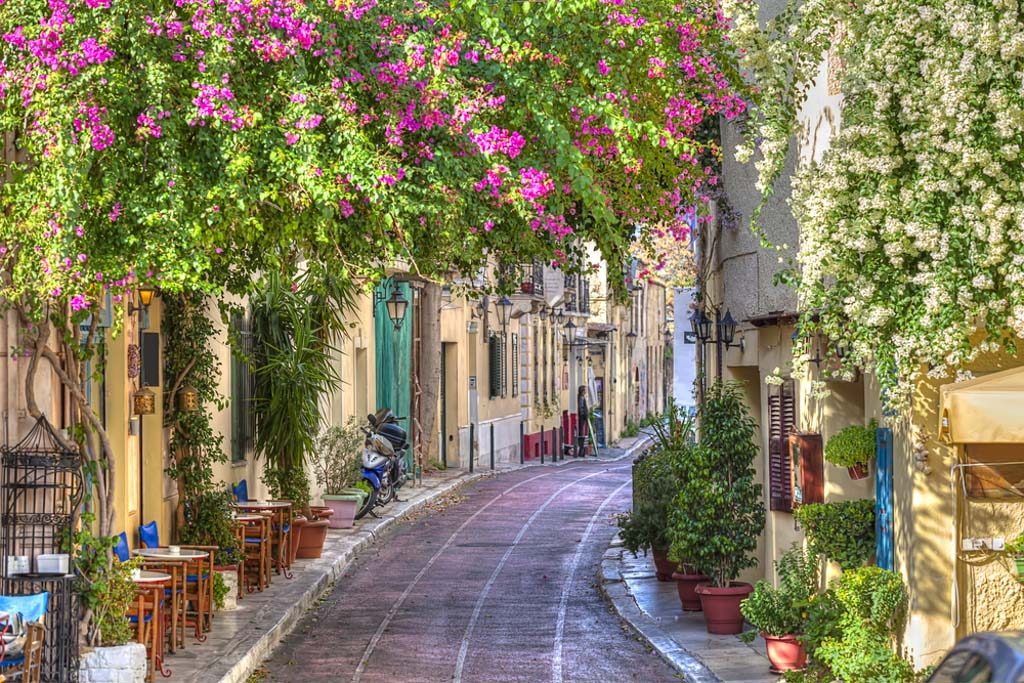
Plaka & Anafiotika neighborhoods: connected to Monastiraki Square are these two colourful neighborhoods that are reminiscent of being on a Greek island. Anafiotika began to take form in the early 19th century as the place where the people of Anafi island (a small island near Santorini) built their households after moving to the capital city. Plaka is the area at the base of Anafiotika, and by sauntering around you will see both neoclassical buildings amidst ruins, as well as quaint whitewashed buildings with colourful window panes and doors, adorned with geraniums and bougainvillea. The typically island-esque cobblestone alleys lead you all the way up to the Acropolis, while there are many tavernas serving Greek meze and meals throughout the day.
| Tip
An idea for a dinner you will never forget! Spend your night at a table 50 meters high with an experienced chef, who will serve you a 5-course menu along with carefully selected local wines. Book the dinner here
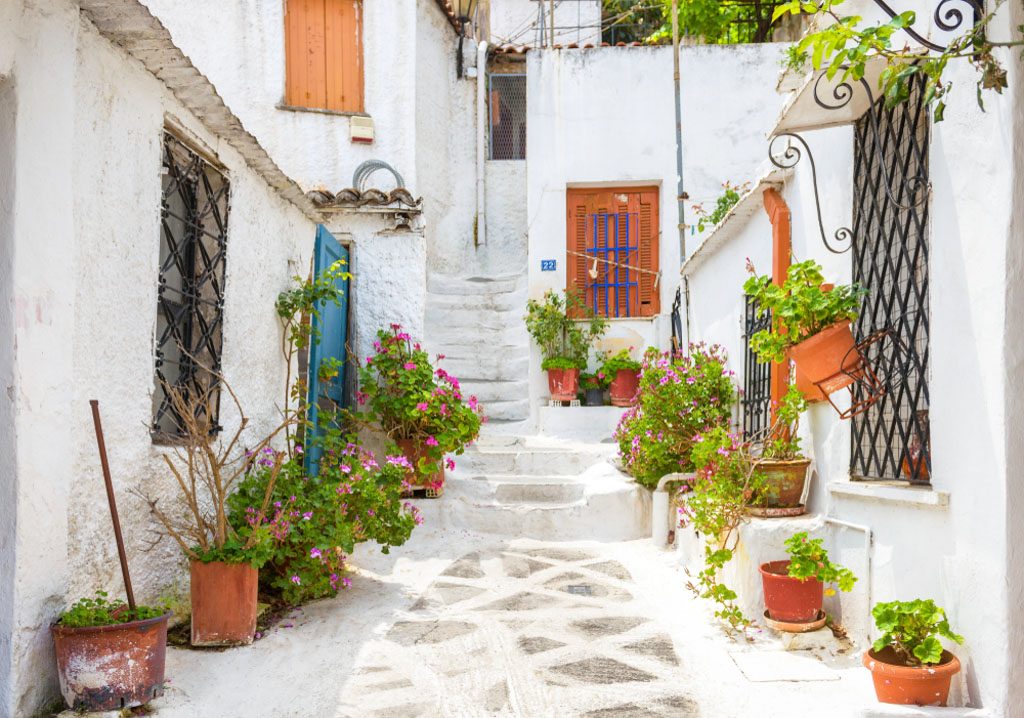
Psyrri neighbourhood: opposite Monastiraki Square you will find Psyrri, one of Athens’ most vibrant neighbourhoods with a wide array of things to do. Street bars, restaurants, cafes, sweet shops, fast food places and the famous Pittaki Street laced with numerous coloursome lamps, chandeliers and lanterns among the street lighting.
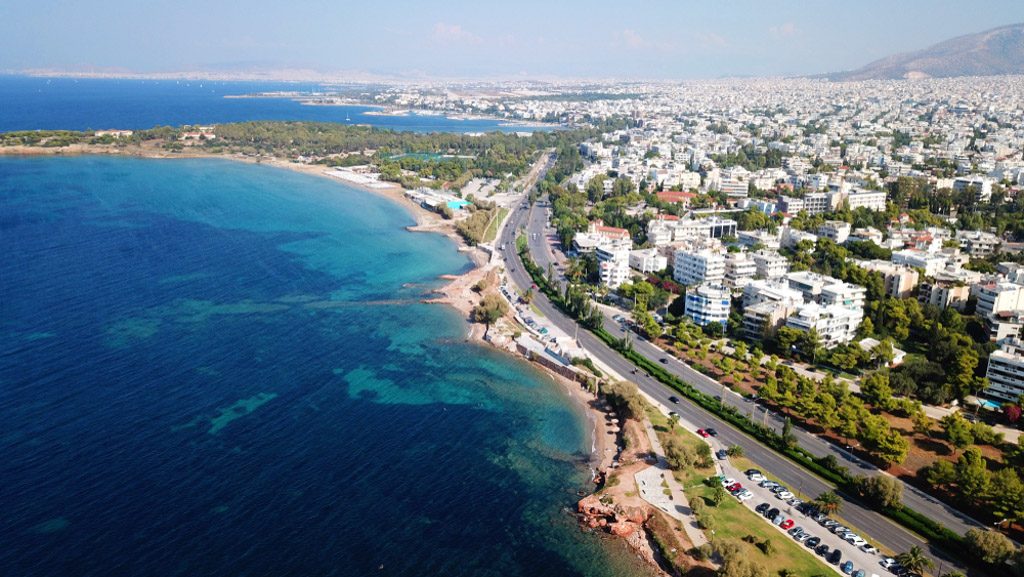
The Athenian Riviera: for those who wish to experience the magic of coastal Athens, a 70km shoreline allows visitors to go on a lovely, scenic ride along the coast. Brimming with resort areas that make use of the beaches in intervals as you drive along, it culminates at Sounion, which the southernmost tip of the greater region of Attica which has Athens as its center. There you will find the notorious Temple of Poseidon which is especially enchanting to visit during sunset.
Book your Sunset Trip to Cape Sounion & Temple of Poseidon here.
Recommended Book: Chasing Athens by Mariss Tejada
7 Days Greece Itinerary: Day 3 & 4 — Mykonos
The glamorous island of Mykonos, is your next destination. A long time favourite among the party people of the world, the international jet-set and celebrities as well as the gay community, Mykonos is a hub of high-energy nightlife and luxurious island living. Since you only have 2 days to spend in Mykonos, opt for a flight from Athens, which only takes about 35 minutes.
Getting Around Mykonos
Options include renting your own vehicle, whether it be car, scooter or ATV quad bikes; arranging for private taxi services that also offer private luxury transfers, or regular taxis that can be scarce during peak season. Most hotels offer their own transportation services for their guests available upon request.
Looking for a car in Greece?
Rentalcars can help you find affordable options for your road trip
Check out our article on where to stay on Mykonos.
What to do in Mykonos
For spending two days in Mykonos, you have a lot to see and do. Depending on your interests, Mykonos can be as high-energy or as chilled as you like. As a popular destination it offers an endless plethora of activities from sea kayaking, scuba diving, cycling tours, tours that showcase local food, and boat excursions around the island.
It has both party beaches and more peaceful ones, it offers designer shopping, gourmet dining, amazing nightclubs and bars as well as picturesque tavernas, and many points of interest including its landmarks as well as some more rural and cultural attractions. Here is a guide to the top things to see and do, during 2 days in Mykonos for first timers.
Site-seeing in Mykonos:
Mykonos Town (Chora): the capital town of the island is Mykonos at its most quintessential. Admire the typical Cycladic architecture of whitewashed cubic houses with colourful wooden doors and windows, mostly painted in different hues of blue, the iconic churches, and the maze of cobblestone alleys framed by bougainvilleas, amidst and array of shops and stores, some traditional while others uber-modern. Busy around the clock, it is filled with people who stroll, shop, wine and dine and of course party til the morning light.
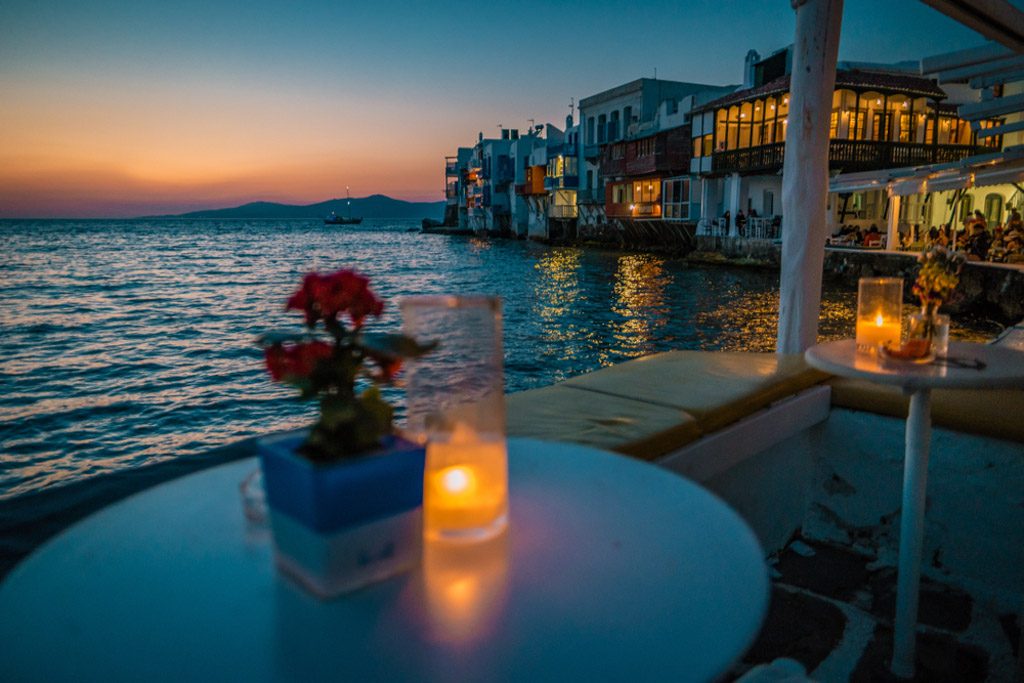
Little Venice: the most popular spot during sunset to combine a cocktail with a gorgeous scene of sky, sea and the retreating sun, against the historic two and three-storey houses that grace the waterfront. Interestingly enough, this spot was used by pirates during the 16th and 17th century as a hideaway. Today, it is a very romantic spot, to which many couples go to in order to watch the sun dive into the Aegean sea, painting the sky like a divine masterpiece.
The Mykonos Windmills: they are the most recognisable landmark and incredibly characteristic of Mykonos, probably the most photographed too. They played an important role in the island’s economy during the 17th and 19th centuries as they were used in the production of grained that was exported.
Panagia Paraportiani: the most popular out of Mykonos’ 400 or so churches, Panagia Paraportiani is an amalgam of five smaller churches. It blends four different ecclesiatic architectural styles, the Byzantine, Vernacular, traditional and western styles. A remarkable cultural attraction,it is the result of various eras meshing together as these five churches were all built one on top of the other.
The village of Ano Mera: about 15 minutes from the town of Mykonos, the village of Ano Meria is a typical Cycladic settlement, with authentic stone houses, a large main square and many local eateries. The Panagia Tourliani Monastery is found here, which was built in the 16th century by two monks. It houses a some beautifully adorned Byzantine icons. For some truly stunning views, you may also consider hiking up to the Monastery of Paleokastro, from where you can only see the remains of a Byzantine castle that was built on top of an ancient temple.
| Tip
Explore Mykonos on a combined tour with a guide: enjoy a walk in the city of Mykonos, explore the island on a bus tour that includes beach stops, and visit Ano Mera.
A day trip to Delos: the neighbouring, uninhabited, sacred island of Delos, which was linked to mythological worship in Ancient Greece, is a sanctuary offering an unsurpassed spiritual experience. Said to be the birthplace of the God Apollo, a day trip to Delos island will allow visitors to admire the magnificent Doric temples, villas with mosaics, an ancient amphitheater and the imposing Terrace of Lions. The Archaeological Museum of Delos displays an impressive collection of statues that were excavated on the site, all of which have made Delos an important UNESCO World Heritage Site.
Check out this tour:
From Mykonos: Delos Archaeological Site Guided Evening Tour
Mykonos beaches:
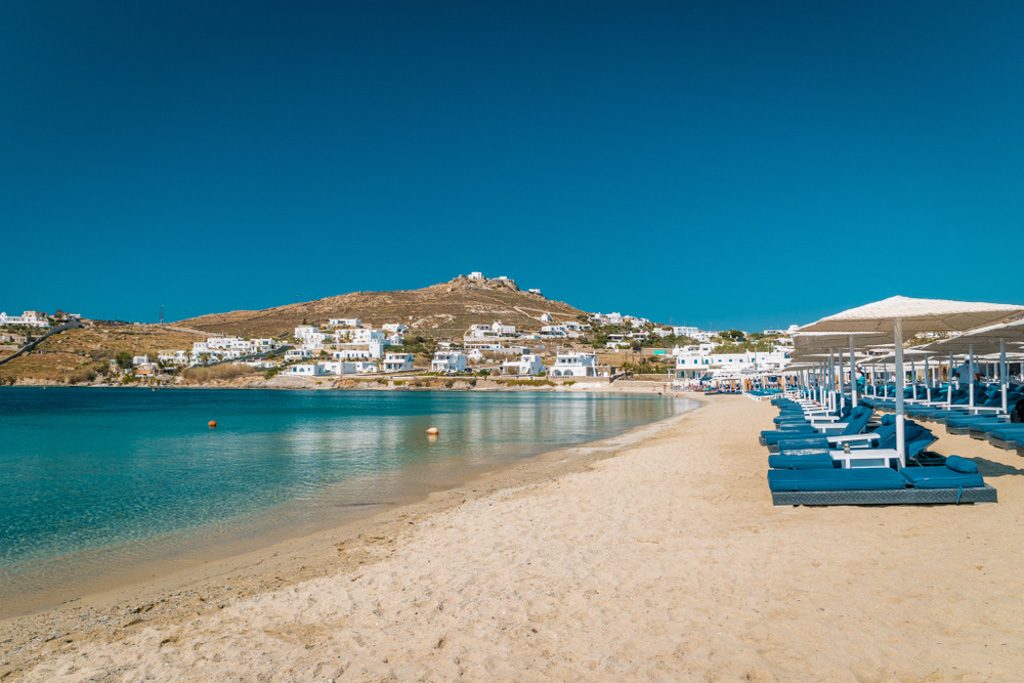
Mykonos is known to have some of the most talked about beaches in Greece. There are ones that are strictly party scene, where the music and alcohol never stops, and others that are more tranquil, depending on beach-goers preferences.
Best party beaches: Super Paradise and Paradise beaches are part of the major club scene. Not suitable for families at all, these beaches blast music during all hours of the day and night, and it is where the youth mostly gather to dance and frolic without much inhibition.
Best cosmopolitan beaches: Psarrou beach is by far the go-to beach for being star struck. It is notoriously luxurious, and suited to those who value glamour by the sea. Paranga beach is somewhere between cosmopolitan and peaceful, welcoming families too with beach bars too.
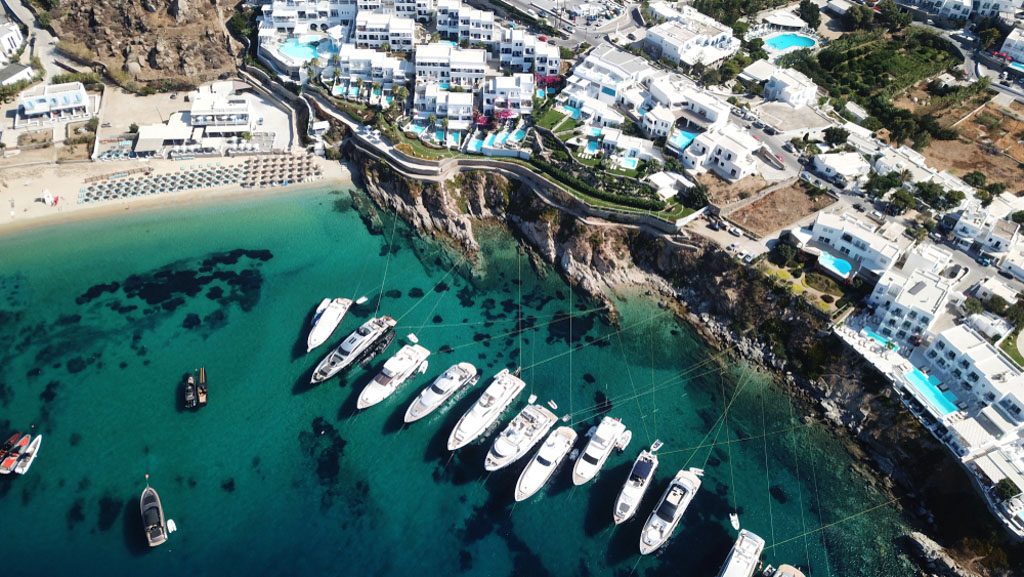
Best tranquil beaches: Ornos and Agios Ioannis beaches feature services for a comfortable day at the beach while they remain fairly calm and casual, offering visitors a restful time as well.
Best unspoilt beaches: for some truly off-the-beaten track beaches that are 100% natural with no human intervention, try Megali Ammos which is close to Mykonos town or Fokos beach on the northern part of the island.
However, there are literally too many beaches to mention, each offering an entirely unique beach experience. Check the following post for a more in-depth guide to the best beaches in Mykonos.
Best hotels in Mykonos
- Aeolos Resort (⭐9.6)
- Mileo (⭐9.4)
- Le Palme Mykonos (⭐9.5)
- Arocaria Mykonos (⭐9.3)
Mykonos leisure & local flavours
For absorbing the absolute essence of Mykonos in a laid back attitude, be sure to check out the sunset at 180 Sunset Bar that is lavished in spectacular panoramic vistas overlooking the port of the island. You can either savour an amazing dinner during sunset or enjoy a cocktail or some local wine in a sublime setting that exudes a sought-after sense of calm.
Also check out our article on the best restaurants on Mykonos.
Visit the Vioma Winery for discovering Mykonos’ viticulture. It is a small family-run vineyard in the aforementioned village of Ano Mera, producing organic wine for at least two decades.
Wine pairing with local flavours fully brings out the best of each appellation through the traditional Mykonian delicacies of ‘louza’ (dry cured ham) and ‘kopanisti’ cheese (creamy, salty and full of flavor). Vioma Winery gives its wines a nice touch by playing classical music as they grow, and this is, according to the owner, the secret for their sensational flavour.
If you are a cooking enthusiast, don’t miss the chance to take a Mykonian cooking class, which is run by a local, Ms. Teta who will take you through the history of Mykonos and how it links into local gastronomy. Learn how to prepare your favourite dishes, so you can cook them back at home. That way a part of Mykonos will always be with you!
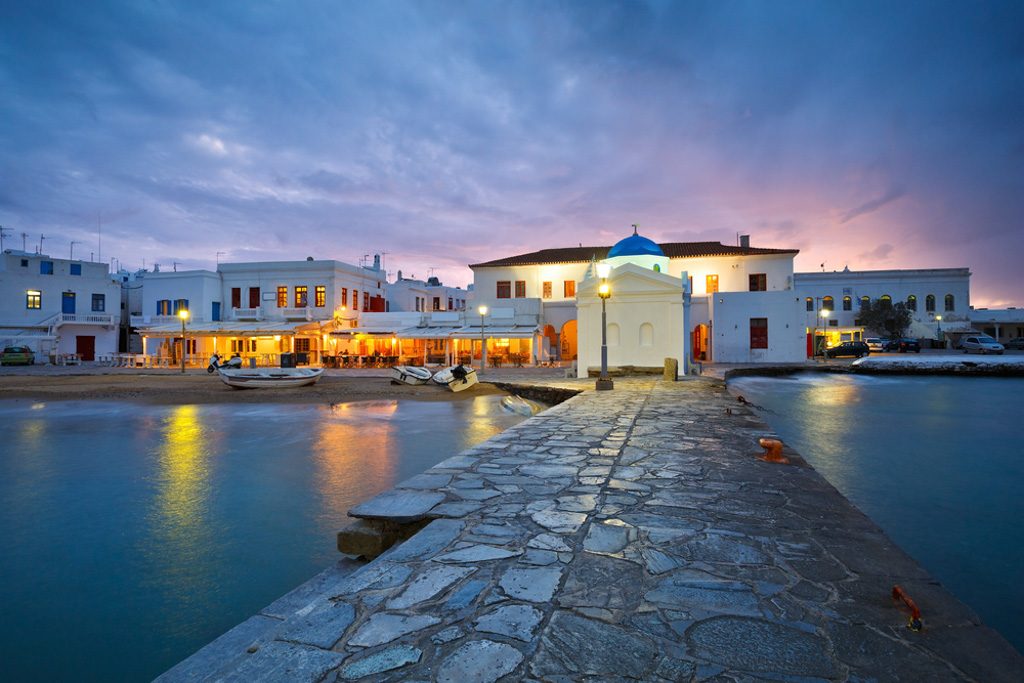
7 Days Greece Itinerary: Day 5 & 6 — Santorini
No 7 days in Greece itinerary could leave out the mesmerising Santorini. The Mediterranean mecca of romance, this spectacular island never ceases to amaze you, even if you have visited it before.
For first timers in Greece, seeing the dramatic, multi stratum Caldera and the stark white clifftop settlements that are dotted on the plateau peak, will render you speechless. And the world famous sunset that leaves an immaculate painting in the sky behind it will overwhelm and inspire you. A flight from Athens only takes about 40 minutes, which leaves you with more time to spend exploring this uniquely magnificent destination. However if you are coming directly from Mykonos, the easiest way to get there is via a ferry boat ride which connects Mykonos with Santorini.
Recommended: Where to Stay in Santorini
Getting around Santorini
Although Santorini is not one of Greece’s larger islands, having a means of transport is necessary for being able to discover its charm. You can walk around the area you have chosen to stay at, as sauntering around cobblestone streets is actually a lovely pastime, however getting from one town to the next, or for visiting Santorini’s beaches, you will definitely need to rent a car, motorbike, quad, take a taxi or bus. Transfers could also be arranged through your hotel too, if this service is available.
What to see and do in Santorini

With just two days in Santorini, there is a lot of ground to cover. Spending a day at one of the colourful beaches means missing out on exploring other things, but effectively, the beaches of the island are in fact an attraction in themselves. Depending on your preferences, use the below mentioned points of interest as a guide to select the ones that interest you most. If you don’t get to check them all off the list, all the more reason to return to Santorini in the future. After all, you won’t be able to get this island out of your mind for years to come.
Best hotels on Santorini
- Divino Suites (⭐9.7)
- Apeiron Blue Santorini (⭐9.2)
- Radisson Blu Zaffron Resort (⭐9.0)
- Abyss (⭐9.7)
Site-seeing in Santorini:
Oia: Situated 11 kilometres north of Fira, characterised by picture-perfect colourful houses, blue-domed churches and narrow cobblestone alleys, Oia is the most famous village on the island, known for its breathtaking sunset. From here the sun can be seen diving into the sea, and it is the reason why people from all over the island gather to witness it, with the endless blue of the Aegean sea, the volcano and the island of Thirassia completing the canvas.
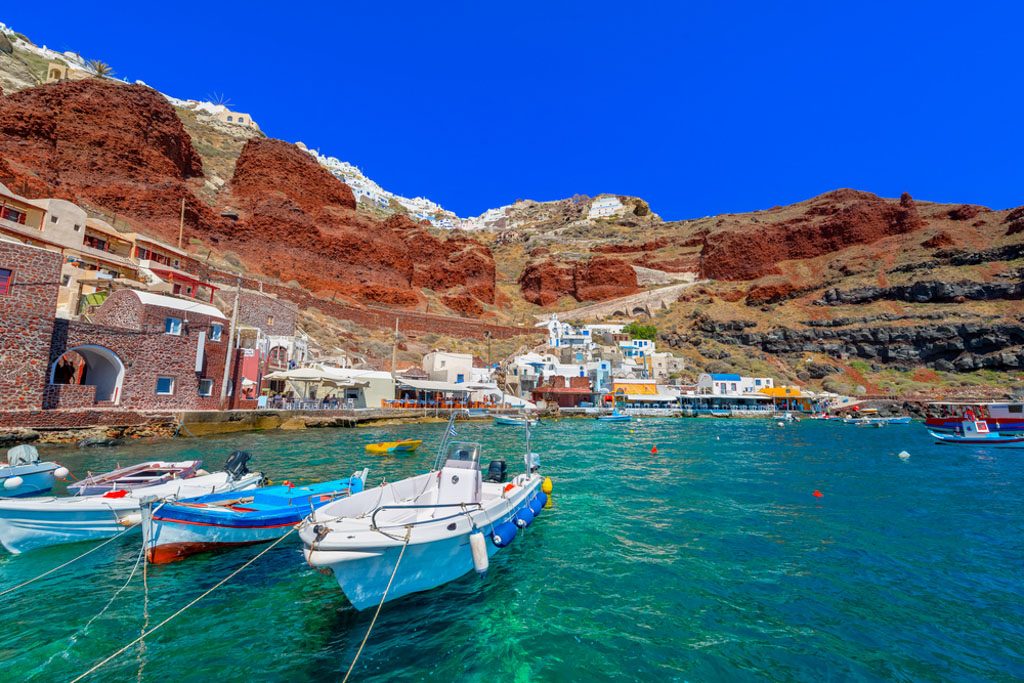
Ammoudi Bay: escape the crowds by following the 300 steps from Oia to Ammoudi, a small port that is lined with a few charming local taverns, serving fresh catch of the day. Boats depart from here for the nearby island of Thirassia.
Imerovigli: just 2 kilometres from Fira, you can reach Imerovigli by approximately 30 minutes by foot. Built in an amphitheatrical manner around the Caldera, it is also known as the balcony to the Aegean. Skaros Rock is found here, which was one of the original five settlements of the island.
Akrotiri Archeological Site: on the southernmost tip of the crescent shaped island is Akrotiri, home to a most intriguing archaeological site. It is a pre-historic town belonging to the Bronze Age, inhabited as early as the 4th millennium BC. The remains of this settlement are still well preserved today, displaying an elaborate drainage system, multi-storeyed buildings, and even wall paintings. The town’s last inhabitants fled in the late 17th century following massive earthquakes.
Akrotiri Lighthouse: admire the incredible views from the lighthouse of Akrotiri, which is one of the oldest in Greece dating back to the 19th century. It offers a great vantage point to gaze upon the Caldera and its colourful strata as well as the various clifftop settlements, all the way north, to Oia. It is a great alternative to Oia for another fantastic sunset spot which is less crowded.
Santorini beaches
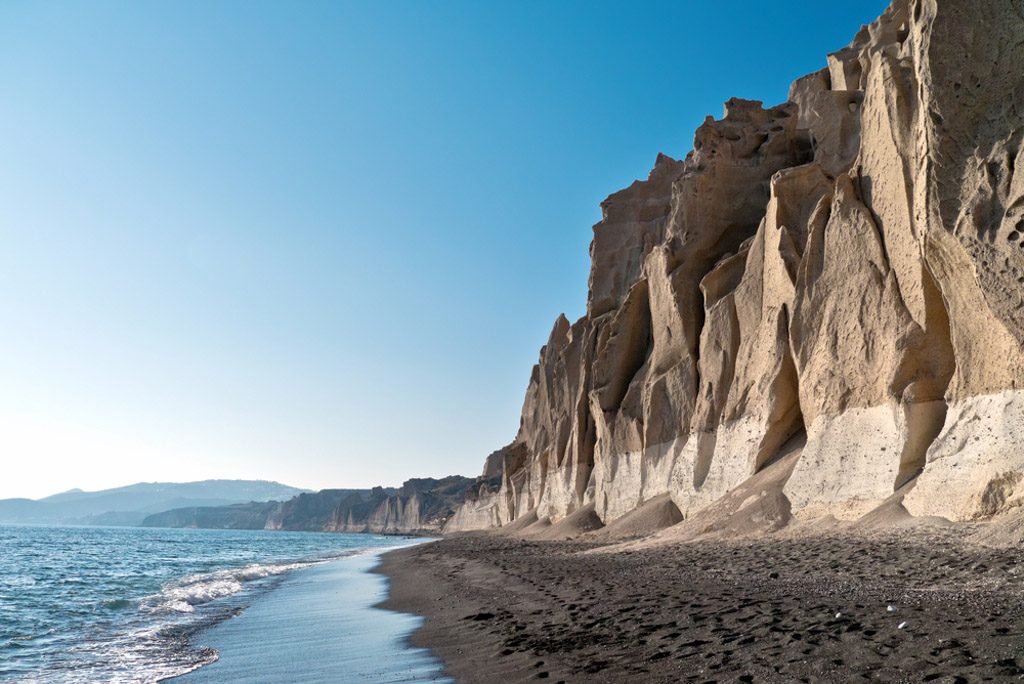
Red Beach: found 14 kilometres from Fira, the Red Beach is located in Akrotiri, and due to its striking crimson sand and backdrop, is the most popular of beaches. Born of a volcanic eruption, this beach is truly a natural marvel.
White Beach: this small yet alluring beach is located near Akrotiri, and features toppling white cliffs and azure blue waters that will take your breath away. Ideal for snorkelling, and since accessibility is limited by land, it is perhaps best to take the boat from the neighbouring Red Beach.
Santorini local flavours
Wine culture: The volcanic soil of Santorini is responsible for these four classic varieties: the white Assyrtiko, Athiri and Aidani, and the red Mandilaria. Of course, not to forget the sweet Vin Santo wine which is often served at the end of meals. Santorini has a long standing tradition in wine culture dating back many centuries. If you visit vineyards you may notice that the vines are found being twisted into nests or basket shapes in order to protect them from strong winds and help maintain their moisture during hot summer months.
Recommended: Where to Eat on Santorini
Santorini delicacies: Santorini capers are special, having been prepared in a unique way. Left to dry in the sun until they turn a slight blonde colour, they are exceptionally delicate. Santorini tomatoes are a PDO product (Protected Designation of Origin), while the cherry tomato variety was able to flourish, finding the perfect cultivation conditions on the island. The Santorini tomatoes are also sun-dried and used as tomato paste during the winter, also becoming a popular export product that has importantly contributed to the local economy. You can learn more about the tomato industry by visiting the Tomato Industrial Museum in the area of Vlichada.
Santorini white eggplants are especially tasty, while another great appetizer is the Santorini fava, which is a creamy puree made of yellow split peas. Combining two favourite local flavours, that of the eggplant dip and the fava, is ‘fava pantremeni’, which is bursting with flavour and served only in Santorini island.
Santorini tours & activities
Wineries & Wine tours: the wine culture of Santorini is a prolific one. No wine lover should miss the chance to spend a few hours dedicated to tasting the aromas of local wines and the best way to do this is by taking a Santorini Wine Tour that also combines food pairing.
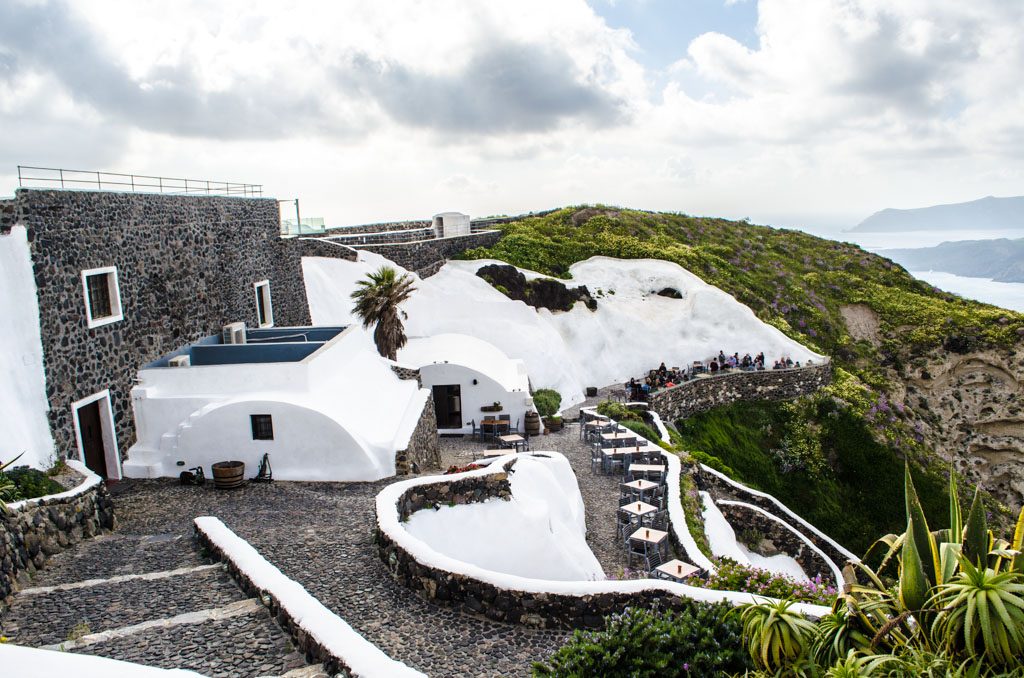
Visiting a major winery such as Venetsanos, will provide you with a beautiful setting to learn more about local wines. For a more in depth knowledge of Santorini’s history, head over to the Santorini wine museum of Koutsoyannopoulos.
Another wine and dine experience is an authentic Santorinian dinner at a local tavern such as Anemoloos in Exo Gonia village where you can try eggplant dip (metizanosalata) sprinkled with cheese, beans in red sauce, rustic bread, and crispy cheese pies with pastourma.
Kayaking: numerous hidden caves and cliffs around the Akrotiri Archeological site allow for an exciting and unique kayaking adventure.
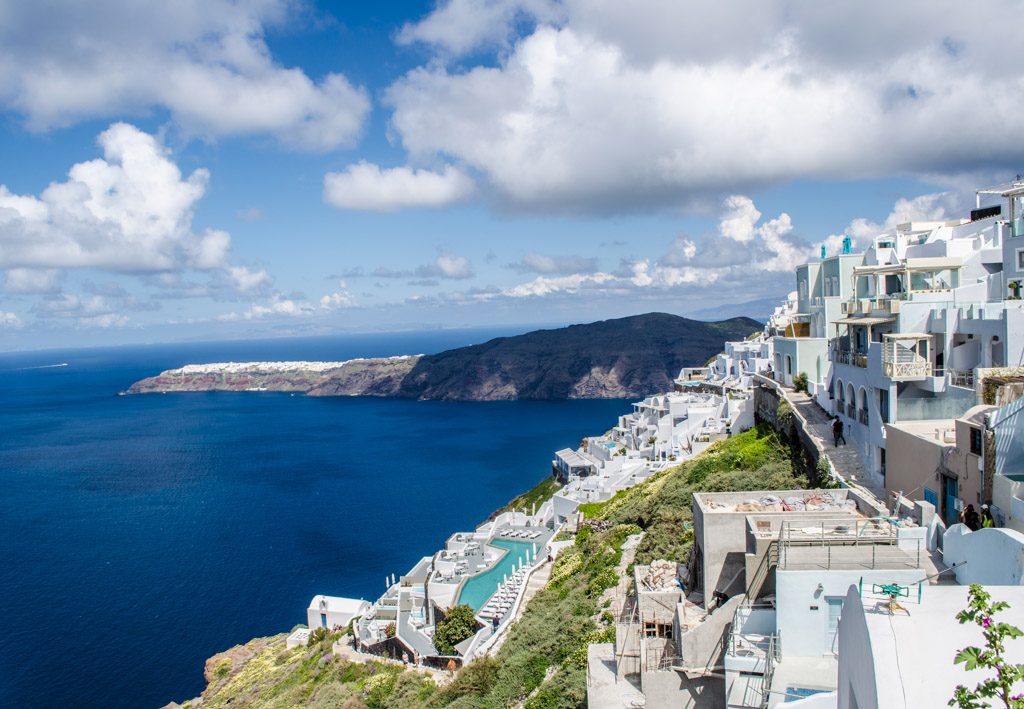
Hiking: with several scenic routes for hiking and trekking, you will have the chance to experience some truly remarkable vistas as you go along. One popular hiking trail from Fira to Oia is between 3-5 hours hike, leading you through the volcanic caldera and an array of picturesque whitewashed houses and traditional villages (Fira, Firostefani, Imerovigli, and Oia).
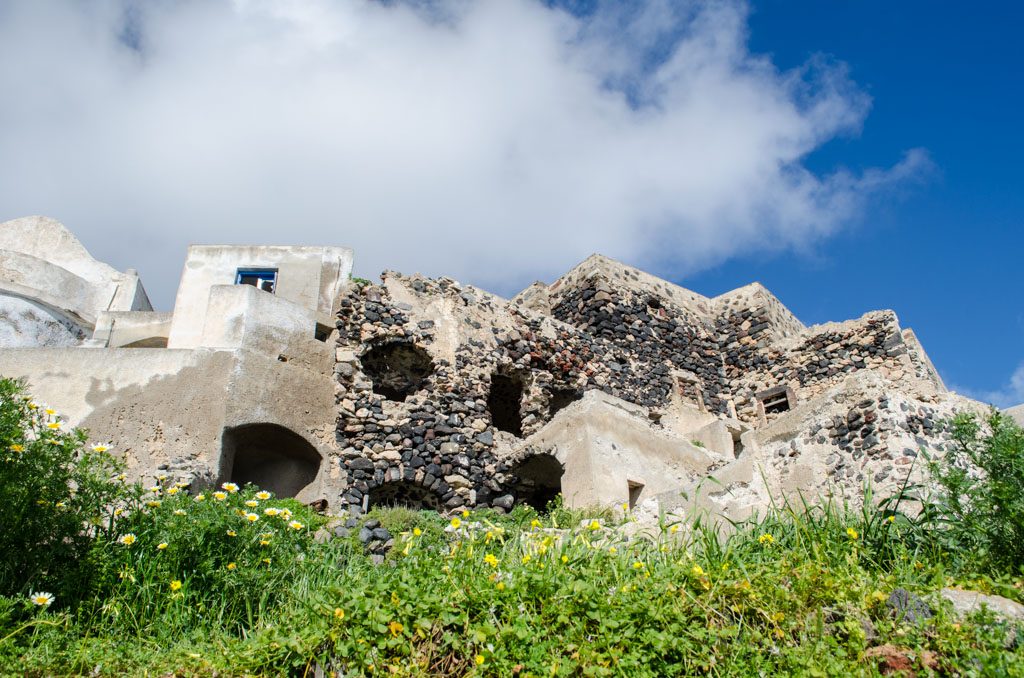
For a walking tour that is off the beaten track, try Santorini walking tours and get to explore the lesser known villages of Pyrgos and Emporio.
Bespoke tours: Santorini Local adventures offer you the chance to customize your own tour, so that you get the most tailored experience, according to you preferences. One idea is to combine exploring and tasting; walk through Oia, and taste wine and local treats along the way before ending your tour at a great little local taverna in Ammoudi bay.
Another one to try is Bygone Santorini, through which you can visit the more authentic side of the island, visiting places like Akrotiri and Emporion village through the eyes of a local.
